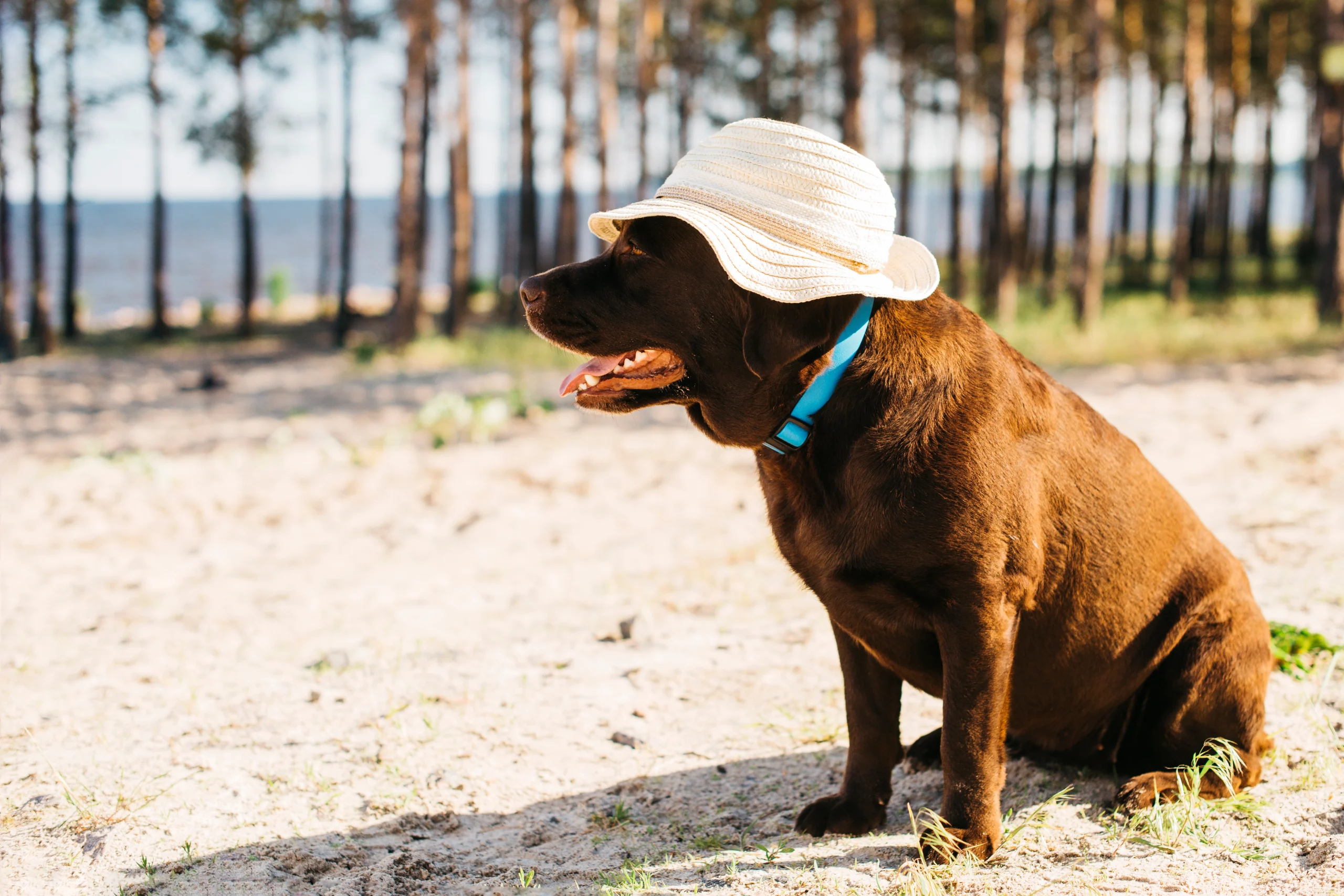
Has your furry friend been breathing hard lately? Maybe you’ve caught yourself asking, “Why is my dog panting so much?” This is more common than you think, and you’re not alone. Dog panting is a common behavior, but sometimes, it can be a sign of something more serious. With the summer season at its peak, a panting pup might just be happy or trying to tell you something is wrong. To help you better understand the difference, we sat down with experts at EcoPetEssentials and wrote this blog. We’ll explain everything you need to know about why your fur baby might be panting a lot when it’s normal and when you should take it seriously.
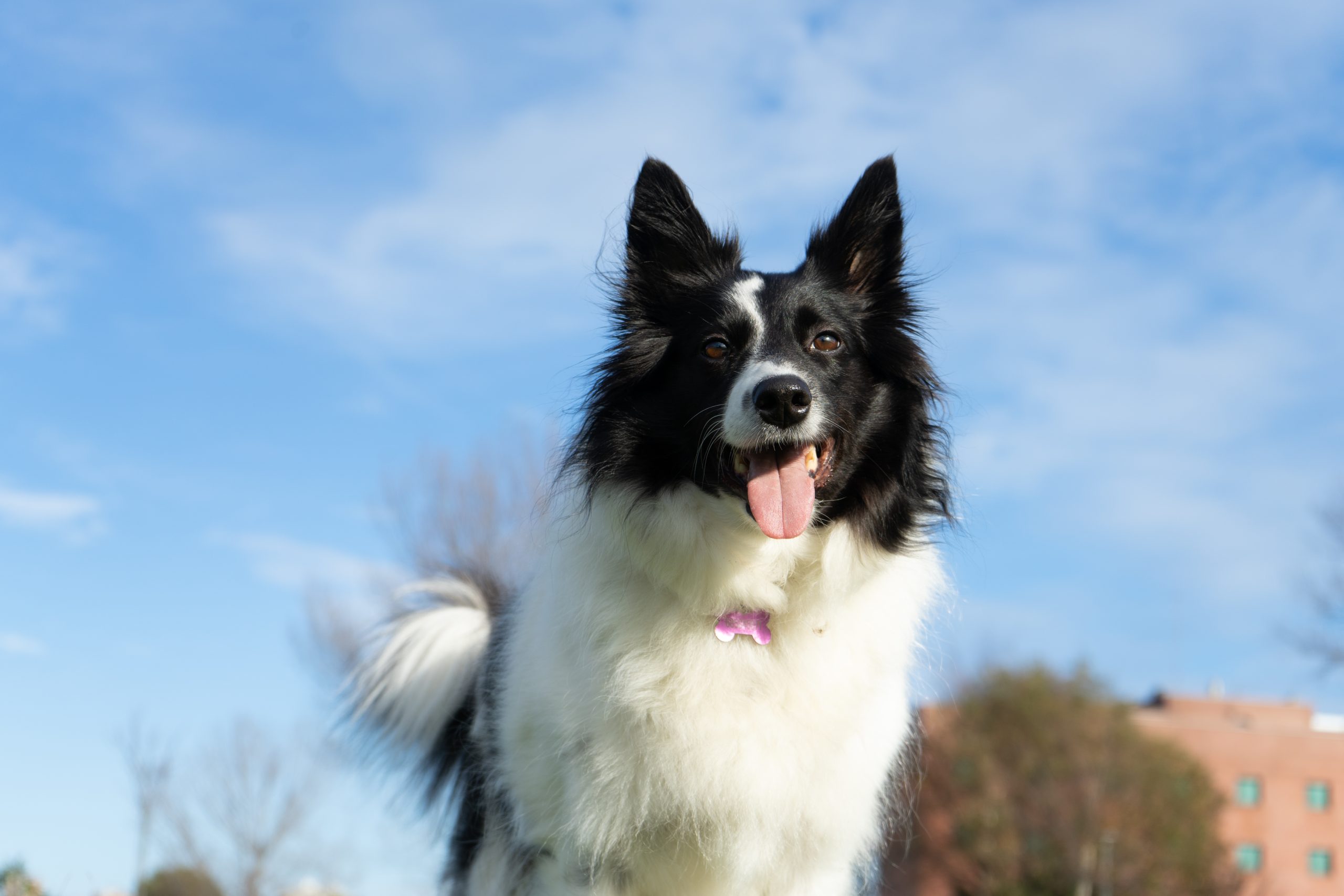
Panting is how dogs cool down. Since dogs can’t sweat like humans do, they pant to release heat from their bodies. A panting dog usually has its mouth open with its tongue out, and they breathe fast and shallow. This is completely normal, especially after playtime or when it’s hot outside.
You’ll also notice some bird dog pants, those hardworking hunting breeds like spaniels or pointers, panting a lot after running in the field. That’s just their way of chilling out! However, what happens when your dog won’t stop panting?
First, let’s talk about normal reasons your dog might be panting:
Therefore, if your pup just ran around the yard or met a new friend, dog panting is probably not a concern.
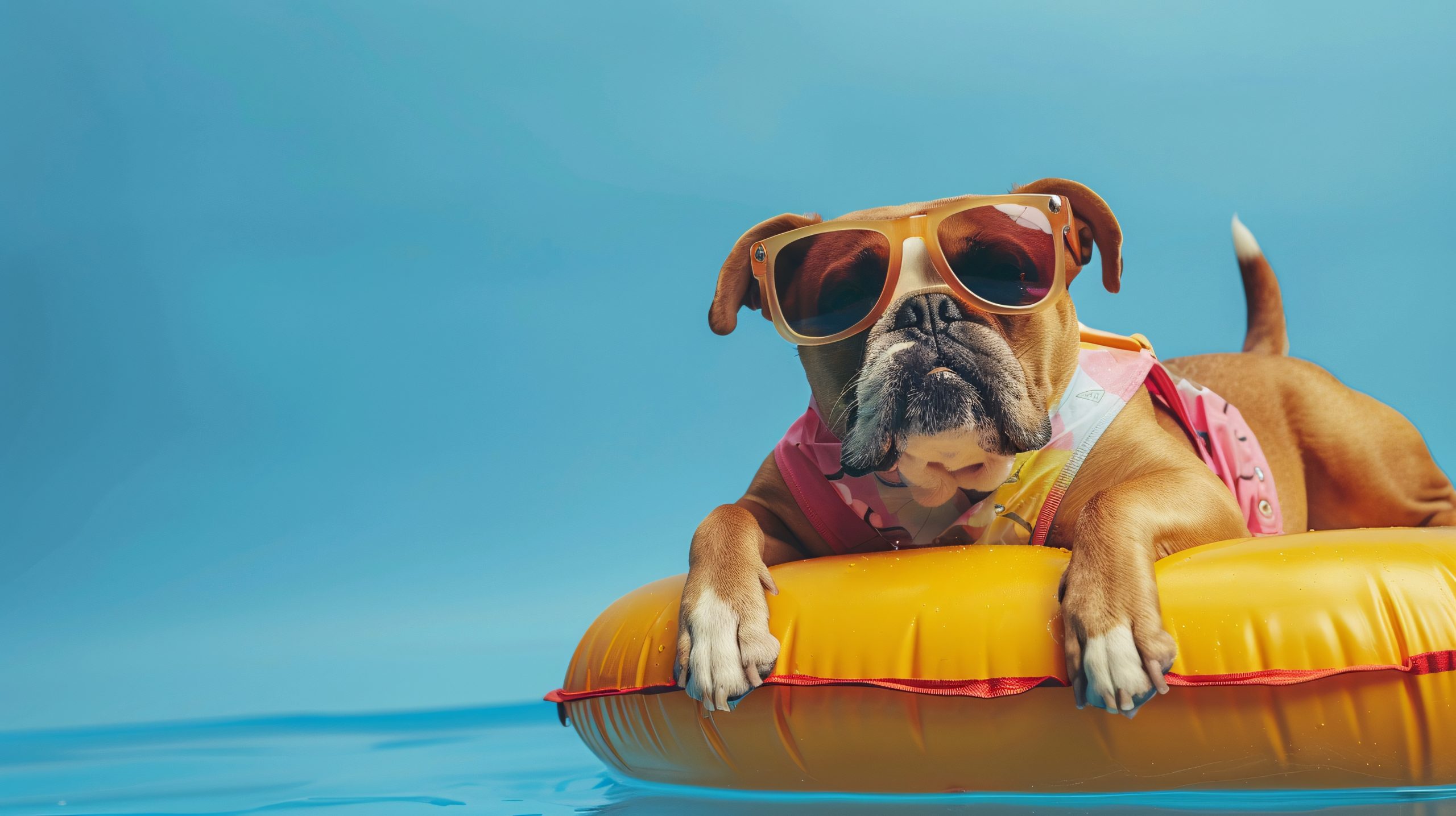
That’s a great question. If your dog is panting even while resting or sleeping, that could be a red flag. Normally, dogs should breathe calmly during rest. If you notice your dog panting at night or when your dog is lying still, then you need to pay close attention.
You might also see dog breathing fast but not panting while sleeping. This could mean your dog is having a dream, or something more serious might be going on. When in doubt, trust your gut and give your vet a shout.
Sometimes, panting can mean trouble. Here are some signs to look for:
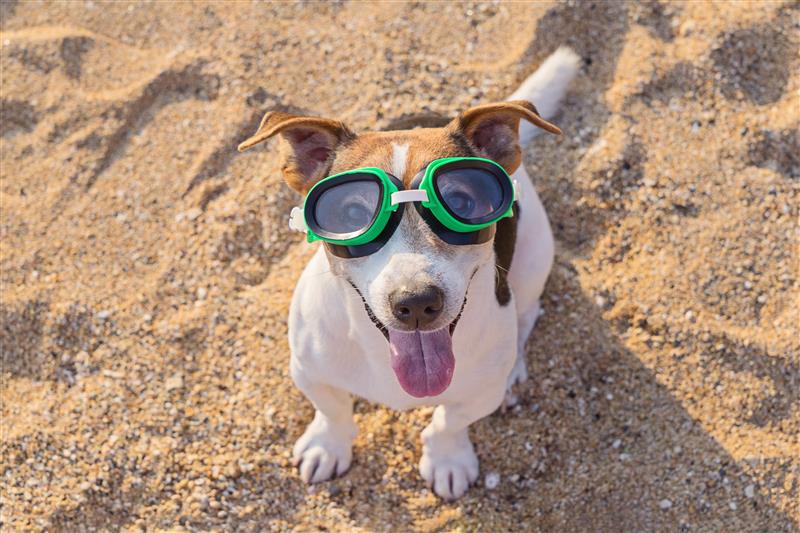
Now let’s explore the reasons why your fur baby is panting so much:
Even if your pup looks okay, their body might be telling a different story. That’s why noticing the change is so important.
If you keep asking yourself, “Why is my dog always panting?” and can’t figure it out, it’s best to let your vet take a look. Some conditions develop slowly and can be missed if we’re not paying close attention. Also, you have to keep in mind that certain breeds, like Pugs and Bulldogs, have short snouts and tend to pant more. Their breathing might sound louder or more strained, especially in warm weather. Your dog’s breath may hold the key to their health, so stay observant.
Here’s what you can do if your panting dog seems off:
If your fur baby is panting heavily and not responding to you, get help fast.
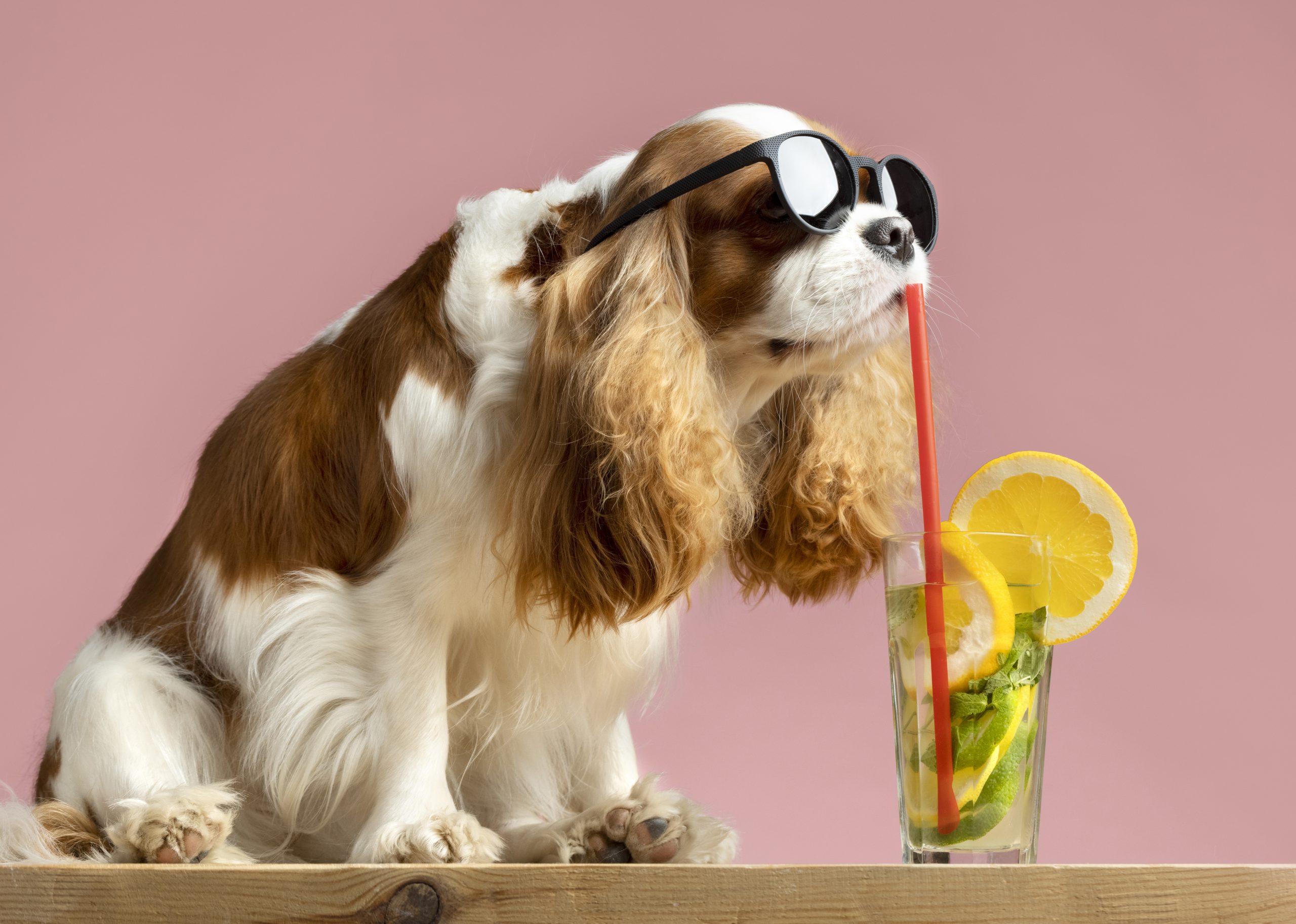
If you think that your dog might be suffering from heatstroke, then here’s what to do right away:
Heatstroke is no joke and can damage your dog’s organs if not treated quickly.
You know your pet better than anyone. If your fur baby is acting differently, such as breathing fast, dog panting while resting, or seeming upset, then you have to trust your gut. If you are not sure and don’t want to ring up your vet over slight changes in your pet’s behavior, then you can bookmark EcoPetEssentials. We offer pet care advice, grooming tips, and insights about your pet’s needs.